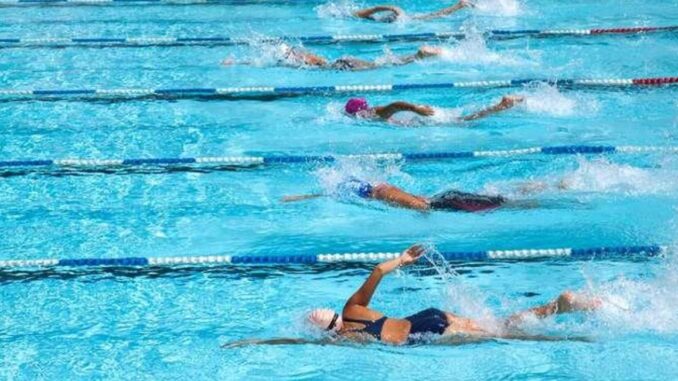
The professional body has amended its eligibility rules to restrict participation in women’s events to “biologically born women” only.
The Ultimate Pool Group (UPG) has announced a ban on transgender women from participating in its female category, following a recent UK Supreme Court ruling.
The professional body has amended its eligibility rules to restrict participation in women’s events to “biologically born women” only.
This decision comes after protests were held at the final of the Ultimate Pool Women’s Pro Series Event earlier this month, which featured two transgender women, Harriet Haynes and Lucy Smith, in competition.
According to BBC Sports, UPG said “recent developments have now made the position clear”, and that it “welcomes the clarity” brought by the Supreme Court judgment.
It also said that a report it commissioned had concluded that 8-ball pool “was a gender affected sport and that in cue sports female players have unique disadvantages compared to male players and that transgender women retain male advantages”.
The body said that an open category “will continue to be open to all regardless of sex”.
“We respect that some people within the pool community may find the changes challenging,” it added.
“As an organisation, we are committed to being empathetic to all members of our community and we expect all members of our community to reflect this.”
Ultimate Pool Women’s Pro Series Event 2 at Robin Park Leisure Centre in Wigan was contested by two biological males, the report said. Meanwhile, the match between Haynes and Smith witnessed protests amid what had also been legal proceedings brought by female-born players over UPG’s transgender policy.
In an update to its terms and conditions, UPG said that it “has been caught in a vacuum of uncertainty surrounding the issue of eligibility to participate in its women’s series”.
Last year, Lynne Pinches, one of Britain’s top female pool players said she turned down a first-ever professional contract because she believed transgender women had an unfair competitive advantage.
In August 2023, the governing body of the World Eightball Pool Federation (WEPF) and its promoters, UPG, said transgender players would not be able to play against “naturally-born women,” but that decision was then reversed.
Pinches then staged a protest by conceding the Women’s Champion of Champions tournament to transgender opponent Haynes in Prestatyn.
Haynes argued that transgender players have competed in female categories for 20 years, and that there was no categorical evidence that they have an advantage in cue sports.
She has taken legal action against the English Blackball Pool Federation (EBPF), which has also banned transgender women from competing in female categories.
Pinches said she was part of a group of players launching their legal action against the WEPF and UPG over rules forcing them to play transgender women.
UPG has now become the first sports body to amend its rules following last week’s Supreme Court judgment.
“The Equality and Human Rights Commission chairwoman Baroness Kishwer Falkner has confirmed that the ruling has brought clarity and that trans women cannot take part in women’s sport and that the EHRC would pursue organisations which do not update their policies” it said.
“UPG welcomes the clarity which this judgment brings.”
It said the ruling, along with the findings of the “detailed and comprehensive experts report” it commissioned, meant “it is necessary for UPG to amend its eligibility policy for participation in the women’s series and international events”.
It added: “With effect from 23 April 2025, trans women will not be eligible to participate in the women’s series nor will trans women be eligible to be selected for international events in the female category.”
Leave a Reply